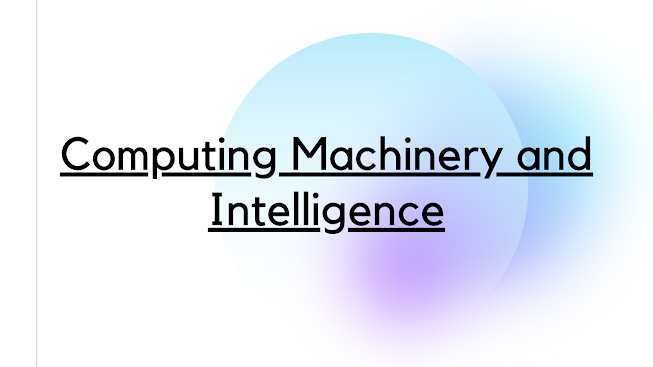Management Information Systems (MIS) are computer-based systems that help organizations manage and process data, making it easier for decision-makers to make informed choices that improve business operations. MIS is an essential tool for any organization, regardless of size or industry, and it can help businesses streamline their operations, improve efficiency, and reduce costs.
At its core, MIS involves the collection, storage, analysis, and distribution of data across an organization. This data can come from a variety of sources, including sales figures, customer data, employee records, and financial statements. MIS allows organizations to transform this data into meaningful information that can be used to support decision-making processes.
One of the primary benefits of MIS is that it helps businesses make more informed decisions. By providing decision-makers with access to accurate, up-to-date information, MIS can help them identify trends and patterns that may not be apparent otherwise. This, in turn, can help organizations respond more quickly to changing market conditions, make more strategic investments, and improve overall performance.
MIS can also help organizations improve efficiency and reduce costs. By automating routine processes and eliminating manual data entry, MIS can free up valuable resources that can be redirected towards more important tasks. Additionally, MIS can help businesses identify areas where they may be able to reduce costs, such as through more efficient supply chain management or better inventory control.
Another benefit of MIS is that it can help organizations improve communication and collaboration. By providing a centralized system for storing and accessing information, MIS can help employees across different departments and locations work together more effectively. This can lead to improved teamwork, increased productivity, and better decision-making.
Despite the many benefits of MIS, there are also challenges and risks that organizations need to be aware of. For example, there may be concerns about data security and privacy, as well as concerns about the cost and complexity of implementing and maintaining MIS systems.
To overcome these challenges, it is important for organizations to develop a clear strategy for implementing and managing MIS. This may involve investing in training and support for employees, developing robust data security protocols, and working with experienced IT professionals to ensure that systems are implemented and maintained in a cost-effective and efficient manner.
Overall, MIS is an essential tool for any organization looking to improve its business operations. By leveraging the power of data and technology, MIS can help organizations make better decisions, improve efficiency, and reduce costs. With careful planning and execution, MIS can be a powerful tool for driving business success and growth.














Comments 1